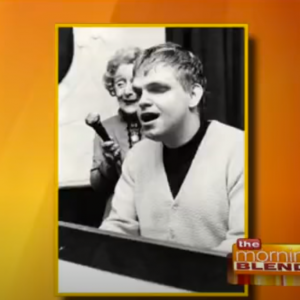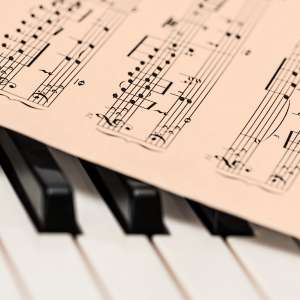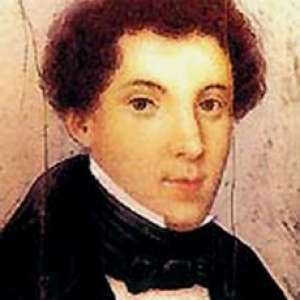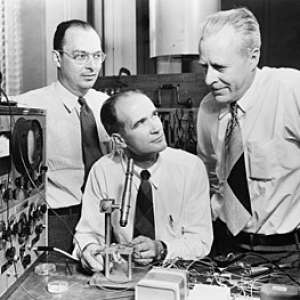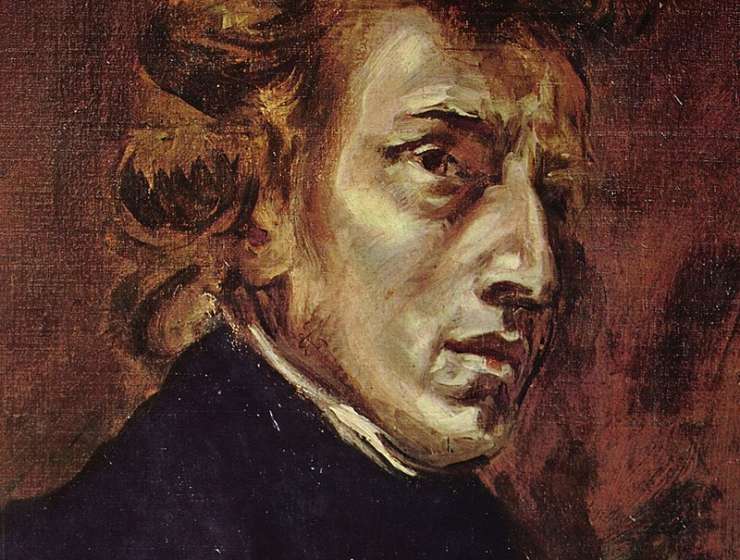
Anyone who has made it to grade four or five on the piano will, almost certainly, have encountered a piece by Chopin. Certainly, no compilation of "classics for beginners" is complete without his E minor Prelude. It's got everything the fledgling pianist needs to feel good about their technique: it's short, it's in a gratifyingly slow speed and it has a superficially straightforward left-hand part, with a sad, singing melody line in the right.
Yet this tiny prelude is also a musical masterpiece – of poetic expression, melodic descent and emotional intensification. The thing is, though, once you've mastered its technical aspects, it's all too easy to play it with a gloopy, Liberace-like sentimentality. If this was the only Chopin piece you had played, you might imagine the composer to be a consumptive sentimentalist, the embodiment of the sickly side of musical romanticism.


